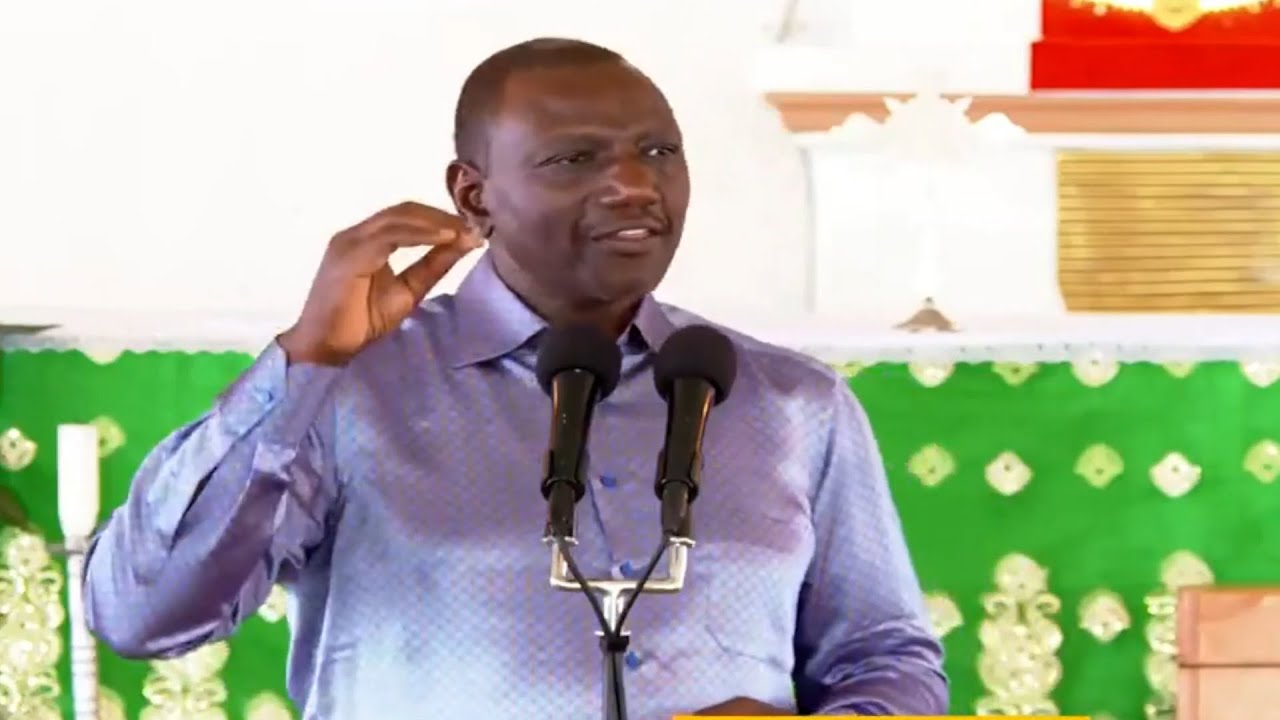
Govt Unveils Plans for Smooth Grade Nine Transition and Boosts School Meal Programs » Capital News
NAIROBI, Kenya Oct 29 – The government has finalized preparations for students to transition to Grade Nine early next year, President William Ruto announced on Tuesday.
He confirmed that the construction of 11,000 new classrooms nationwide is progressing well, along with the provision of sufficient learning materials.
Speaking at the Second Ministerial Meeting on the Taskforce of the School Meals Coalition in Nairobi, the President assured, “There will be a book for every subject for every learner. This will ensure a smooth and effective transition.”
President Ruto also urged Members of Parliament to fund the construction of an additional 6,000 classrooms through the National Government Constituency Development Fund (NGCDF) to ensure Grade Nine students have sufficient facilities when schools reopen in January.
The School Meals Coalition is a global initiative aimed at expanding school feeding programs so that every child has access to a nutritious meal by 2030. Praising these programs, President Ruto noted, “They make adequate nutrition accessible, foster learning, create jobs, promote sustainability, and uplift communities.”
In Kenya, the school feeding program began in Nairobi in 1966 and expanded nationally in 1980 with support from the World Food Programme (WFP). Last year, Nairobi County launched an ambitious initiative called Dishi na County, providing daily nutritious meals to primary school students for KSh5 in 17 kitchens across the city.
Nairobi Governor Johnson Sakaja reported that student enrollment in city schools has surged since the program’s implementation. “We used to have 210,000 children in Nairobi schools. Today, we have 316,000,” he stated. To support this increase, the National Government has allocated KSh1 billion for additional classrooms in Nairobi.
President Ruto added that he will soon convene a meeting with county leadership to address education infrastructure needs, noting, “Our aim is to build another 5,000 classrooms in Nairobi. Many children are still in informal schools, which, while commendable, lack adequate infrastructure for optimal teaching and learning.”
In addition, President Ruto announced that all primary and secondary school students, as well as children over five years old, will have access to medical insurance under the new Social Health Authority.
Prime Cabinet Secretary Musalia Mudavadi highlighted that programs like the school feeding initiative are possible due to Kenya’s political stability, stating, “Political stability ensures children can attend school and allows us to feed them.”
Also in attendance were World Food Programme Executive Director Cindy McCain, Finland’s Foreign Trade and Development Minister Ville Tavio, Education Cabinet Secretary Julius Ogamba, and various development partners.
About The Author